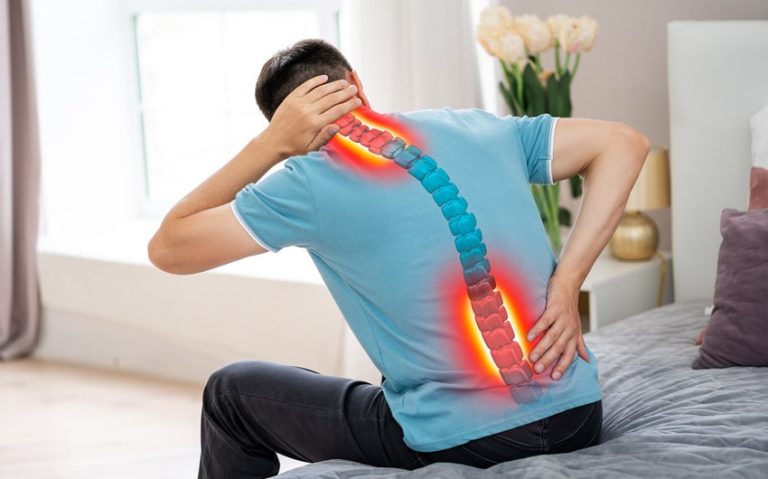Medical Providers in Colorado Worker’s Compensation Claims
In Colorado, the workers’ compensation system is designed to help injured employees recover and work again, covering everything from medical treatments to recovery of lost wages. However, going through the system can be complex, which is why consulting a worker’s compensation lawyer in Denver can be essential for ensuring your rights are protected.
The workers comp process would not be possible without the crucial involvement of medical care providers. These healthcare personnel play an important role in determining the seriousness of injuries, developing treatment plans, and ensuring that the worker receives the medical care they need to heal.
How Medical Providers Work with Workers’ Compensation Claims in Colorado
When an employee suffers a work-related injury, they are required to see an approved healthcare provider for treatment. In Colorado, medical providers must follow specific guidelines set forth by the state’s workers’ compensation laws.
First Treatment and Reporting
The first step after a work-related injury is reported is to receive medical care. Colorado law allows employees to choose their primary care doctor. However, the medical personnel must be authorized within the workers’ compensation network. If the worker has not chosen one, they can be directed to a healthcare provider familiar with the workers’ compensation process. In many cases, the employer or insurer may provide a list of approved doctors to choose from.
After seeing a medical provider, the doctor will evaluate the injury and submit a report to the workers’ compensation insurer.
This medical report is very important. It determines the next steps in treatment and whether the claim will be approved or denied.
Ongoing Care and Treatment Plans
Once the claim is accepted, the medical provider takes the lead in managing the worker’s recovery. A variety of treatments is recommended, like surgery, physical therapy, pain management, or other specialized care. The doctor plays an essential role in keeping track of progress, providing necessary documentation, and preventing mistakes in workers’ compensation claims.
Follow-up appointments are essential in monitoring the recovery process. If the injury requires long-term treatment, like psychological care or rehabilitation, the healthcare provider will help guide the injured worker throughout the process. They will also help assess when the injured worker can return to work.
Medical Documentation
Prompt and accurate reporting is a crucial part of the workers’ compensation process. Medical providers have the responsibility for documenting all diagnoses, progress updates, and treatments. These are sent to the insurance company to validate ongoing worker’s compensation claims. This medical documentation will also be used to determine the type of benefits the injured worker can receive, including medical expenses and the loss of wages.
Medical Provider’s Role in Disputes
Disputes may occasionally come up between the employer, the worker who was injured, and the insurance company about the severity of the injury or even the course of treatment. In the case there is a dispute, the healthcare provider’s professional opinion can be instrumental in resolving the issue. A detailed medical opinion or testimony from the treating doctor can play a critical role in determining the outcome of disputed claims.
What Types of Treatment Are Covered in Workers’ Compensation Claims in Colorado?
Workers’ compensation benefits in Colorado are designed to cover all necessary and reasonable medical treatments required to treat a work-related injury. These treatments typically include:
Emergency and Initial Treatment
If the injury is serious, emergency medical treatment (such as emergency room care or ambulance transport) will be covered. This initial treatment ensures that the worker receives immediate care to stabilize their condition.
Medical Care and Doctor Visits
All follow-up doctor visits for work-related injuries are usually covered.
Physical Therapy
Physical therapy sessions are covered and are here to help the injured worker regain functionality, strength, and mobility.
Surgical Procedures
Surgery is covered, provided it is necessary and related to the work injury.
Pain Management
For some workers, pain management such as drug and non-drug treatments, and other forms may be necessary and are covered through workers comp. Opioid prescriptions may not be covered, however.
Psychological or Psychiatric Care
If a work injury results in mental health issues such as depression, anxiety, or post-traumatic stress disorder (PTSD), these conditions can be covered as part of the workers’ compensation claim. Psychological treatment and counseling may be included if they are necessary for recovery.
Chiropractic Care
Colorado law allows for chiropractic care to be covered under workers’ compensation, especially for neck or back pain.
Prosthetics and Durable Medical Equipment (DME)
In the case that the injury results in permanent disability, worker’s compensation may cover prosthetics or other medical equipment such as wheelchairs, crutches, and braces.
Why Medical Providers Are Important in Colorado Worker’s Comp Claims
Medical and healthcare providers are essential contributors to the Colorado workers’ compensation system. They help injured workers through their recovery process, making sure they get the treatment they need. From first treatment to ongoing care, the right medical treatment can make all the difference in an employee’s recovery and return to work.
Always remember to consult with your healthcare provider and workers’ compensation lawyer if you have any questions or concerns during the process. This will help you have a more successful claim. By understanding how medical providers work within the system, you can assess your workers’ compensation claim with confidence, making sure that you get the necessary care and benefits you deserve.







